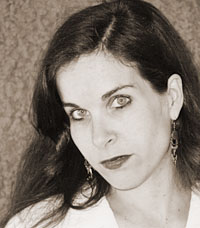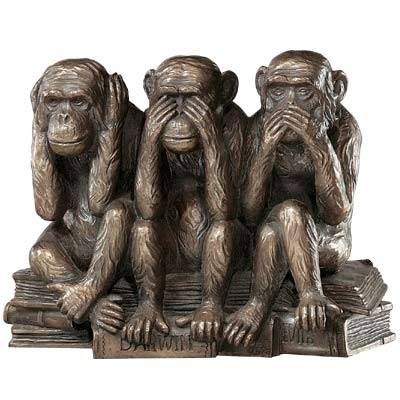Soldiers go into war with illusions of grandeur. We are taught growing up that war is all about serving your country, doing your patriotic duty. As an average American, one doesn’t realize what actually goes on inside a warzone. We depend on the newscasters to inform us, to give us the watered down version. The National Endowment for the Arts created a program called
Operation Homecoming. This program teaches soldiers to write about their experiences in the wars. These stories allow the soldiers to explain the realities and emotions that are experienced in war.
A soldier named Gyokeres talks about war becoming black and white. It becomes “Kill or be killed”, and goes on to say that “war has nothing to do with what you believe” (Operation Homecoming). I think he means that what it boils down to is doing your job and trying to make home every day. It goes with the essay I wrote about Sean Huze and Tim O’Brien’s work. I tried to explain how religion has little place in war and that the loss of oneself has little to do with what one is taught to believe and follow. When the solider enters a warzone they spend more time following orders they may not understand and trying to stay alive. Sometimes the right and wrongs you were taught just never come into play. This contradiction between what is ordered and what was taught seemed to have caused some inner pain to the soldiers.
Soldier John McCary had a quote that I feel showed the importance of what the soldiers are actually fighting for. He said “Breath is sweet, sleep is sweeter, friends are priceless. And you cry. There’s no point, no gain, no benefit but you are human and you must mourn…you will live though you’re not ever again sure why” (Operation Homecoming). This quote moved me a lot because you realize that the people that they are over there with become more than just their friends, they are brothers and sisters. The war becomes fighting for the people next to you instead of the governmental agenda. Questions arise in the survivors, things like “Why him and not me?” McCary talked about going on in the war to respect his fallen comrades. If they would have stopped just because their friends were killed then they would have died for nothing.
It upset me to hear about the inconsistencies that the American public is told. To know that all we hear is a watered down version shows that there are ulterior motives pushing our soldiers into dying. If the public knew what actually went on inside those countries that we invaded I’m sure that there would be an outrage. Yet on the flip side if the American public actually wanted to know, they would. We live blind so we don’t have to feel anything about it, we can claim innocence. It’s a way of protecting ourselves from the truth so we don’t question the real motives behind the war.
Watching this helped me better understand why Huze and O’Brien had to write what they did. They didn’t write about the war because they wanted to as much as they needed to. They needed to write about it, to tell someone, so they didn’t go crazy. Holding all those experiences inside would hinder someone’s ability to function. It helped me understand that they needed someone to hear them and understand what they went through. They hoped that by telling their stories people may not be so naïve and think that it’s all about killing and being a hero. Even though O’Brien embellished his stories, he tried to draw on the reader, to show them that what you hear isn’t what is actually being said. He, like Operation Homecoming, was trying to tell you that the impact goes deeper than what is just on the surface; that these soldiers see and do things that they have to live with and that they are not proud of.
I hope that by these soldier’s testimonies people with become enlightened and informed. I hope that it causes people to question closer the reasons behind our soldiers dying. Unfortunately people take the blame out on the soldier’s instead of the people ordering them. If things like this video were more forced on people maybe they would understand. Earnest Hemmingway said “Never think that war, no matter how necessary, nor how justified, is not a crime” (Operation Homecoming). It’s a crime to put our soldiers through the stress they endure for any reason other than protecting our country instead of someone’s agenda. I am grateful for what they do and I don’t blame them for the orders that they are given. They do what they are told and do their job proudly, boldly and to the fullest extent of their lives.
Works Cited:
Operation Homecoming. Richard E. Robbins. ITVS.The Documentary Group. 2007. Film
Picture from: http://www.filmforum.org/films/operation/OperationHomecoming_Art2_02.jpg









